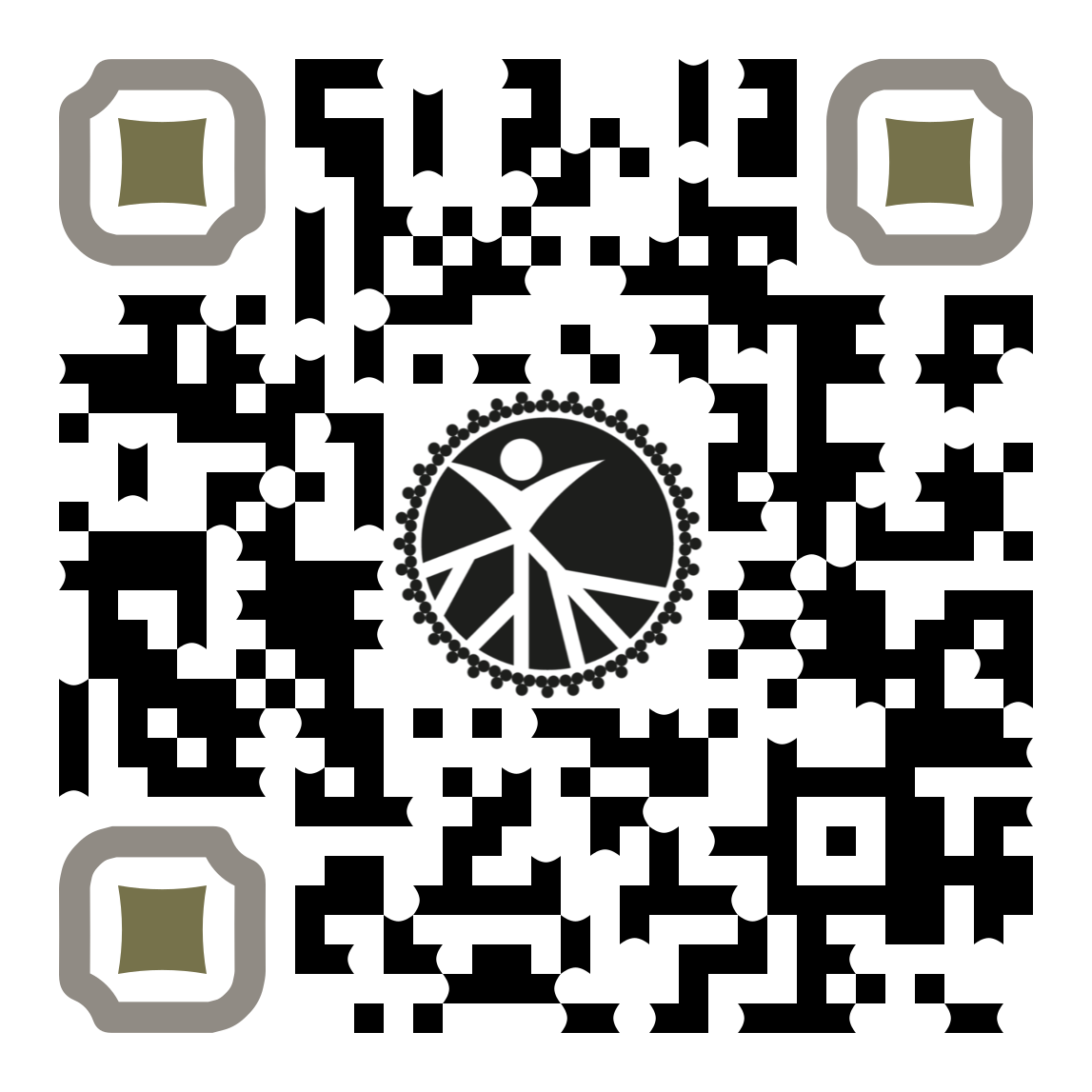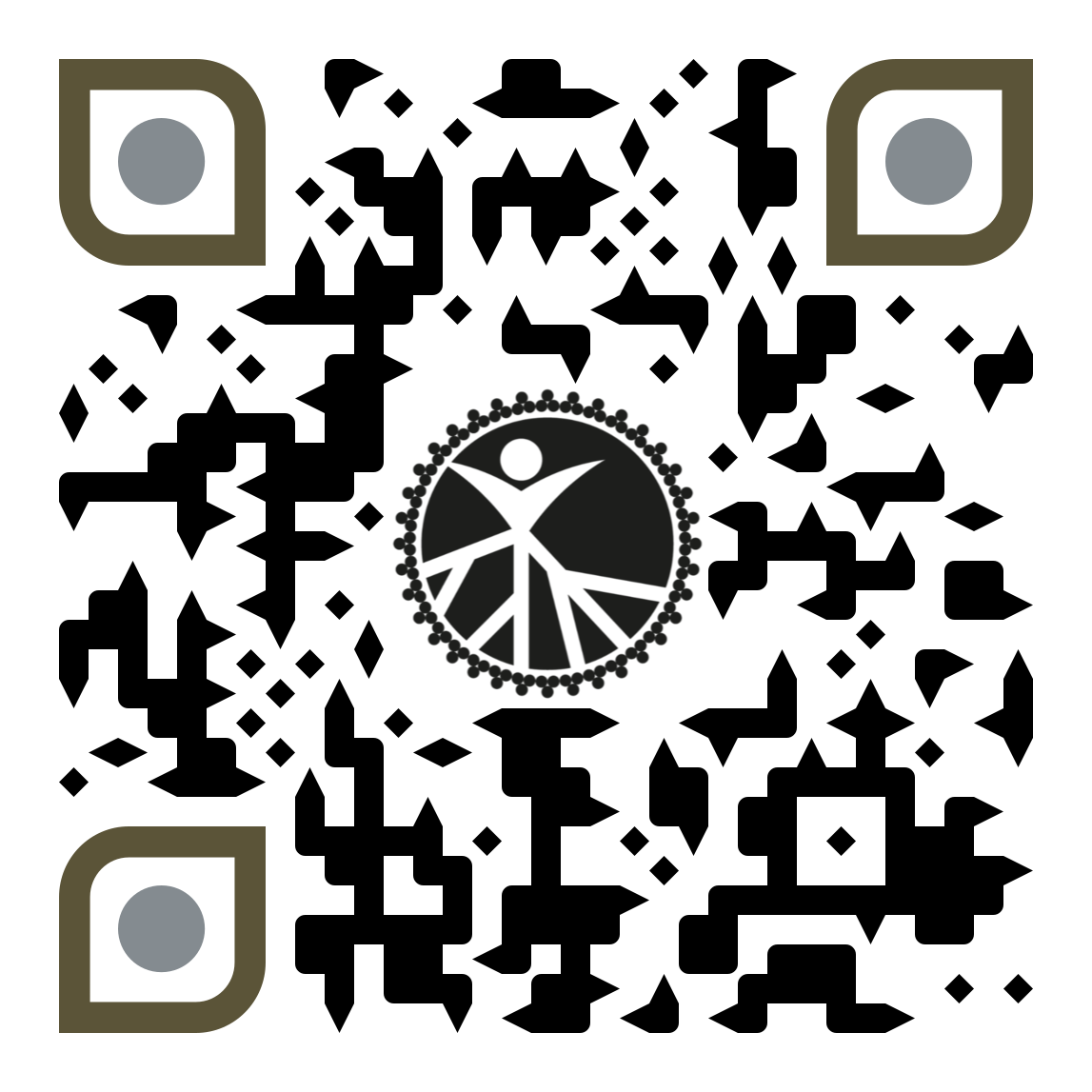The WFP-LMI Project
With the Workforce Profile (WFP) and LMI (Labour Market Information) project, the Commission aims to compile accurate and up-to-date data on the First Nations and Inuit labour market to identify and better understand their challenges and employment opportunities.
The information obtained on skills, jobs, and training needs will enable us to develop inclusive and adapted employment strategies.

Participate to the survey
WFP-LMI Survey Contest
Participate in our survey for a chance to win monthly prizes! Each month, one participant will be randomly selected to receive an exciting prize. If your name is not drawn, you will continue to have the opportunity to win as long as you have completed the survey.
Don’t miss this chance to make your voice heard and contribute to the future of your community.
Thank you for your participation!
Mission
In addition to profiling each community’s labour market, we encourage communities to take ownership of their data to guide decision-making on employment development, vocational training, and economic strategies.
We also commit to using their data ethically and efficiently.
This commitment, the cornerstone of our project, provides us with a solid foundation for achieving our objectives regarding FN workforce development strategy, data governance and digital sovereignty.
To ensure transparency, we have adopted a collaborative approach that involves communities directly in the survey and analysis phases. This approach helps make our strategies relevant and our traditions and values respected. By listening to you and considering your views every step of the way, we can identify and propose customized solutions that will foster economic autonomy and sustainable development.
Our approach is based on the “First Nations Principle of Ownership, Control, Access, and Possession (OCAP), which asserts that First Nations have control over data collection processes and ownership of information. Here are the steps we have taken to ensure these principles are followed:
We aim to improve our community members’ access to skilled, sustainable jobs. To achieve this, we have implemented initiatives to help them secure employment and develop professionally. We also work with local employers to identify job opportunities and skills requirements and to ensure a better match between labour market supply and demand.
We recognize that skills development will enable our community members to thrive in an ever-changing world. By offering diverse learning opportunities tailored to individual needs, we encourage participants to develop to their full potential and become significant contributors to their communities and the broader economy.
Promote data ownership by and for communities so they have control over the information concerning them. Each nation will have access to the results of studies conducted in its community and can decide whether to authorize or not access.
Project stakeholders
This project is a collaborative initiative in which various partners and experts join efforts to shape a prosperous future for First Nations and Inuit communities.

Indigenous and Inuit communities
Communities are not just beneficiaries but active contributors. Their experiences, knowledge, and aspirations feed the project database, ensuring we develop strategies tailored to their needs.
Employment and Training Specialists
Employment and training specialists provide expertise to analyze the data collected, identify labour market trends, and develop adapted training programs. They work closely with communities to ensure that proposed solutions are viable and effective
Institutional Partners
Institutional partners, including government agencies and non-governmental organizations, support the project financially and provide research expertise and distribution platforms. Their involvement ensures that the project results are far-reaching and have a significant impact.
Collaboration and synergy
Together, these key players create a unique synergy, overcoming important labour market challenges in First Nations and Inuit communities and paving the way for lasting, meaningful employment opportunities.
The WFP-LMI project media library

Our online media library, designed to provide a comprehensive and dynamic view of the First Nations WFP-LMI project’s initiatives and achievements, offers a wealth of knowledge and inspiration. This dynamic hub, continuously updated with fresh content, showcases the collaborative efforts to build a more inclusive and accessible labour market for First Nations and Inuit.
Podcasts
Our podcasts, available on our YouTube channel, invite you to listen to experts, community members, and key players share their perspectives, experiences and hopes about the future of the First Nations labour market. These podcasts are a window into the project, offering deep, personal stories to complement data and analysis.
YouTube Shorts
Our YouTube Shorts feature visual summaries of the latest news, project progress, and inspiring testimonials for quick, engaging insights. These short clips are perfect for compiling captivating and motivating information, ideal for an audience seeking inspiration.
Audiovisual content
Our presence on Instagram and Facebook gives you access to audiovisual content. From detailed infographics and explainer videos to interviews and case studies, each piece of content is designed to enlighten, educate, and inspire. Follow us to stay connected with the latest trends, discoveries, and successes on the road to economic empowerment for Indigenous and Inuit communities
Our media library is not just a repository of resources; it’s an invitation to delve deeper, learn, and actively contribute to creating a brighter future for Indigenous and Inuit communities. The various formats available, from analytical reports to interactive multimedia content, offer visitors a wealth of information and inspiration
Join our online community for a deep immersion into the world of the WFP-LMI project and discover how, together, we work to make a tangible difference in the lives of Indigenous and Inuit individuals and communities.
Follow our progress and join the conversation on Facebook, Twitter, and LinkedIn.


